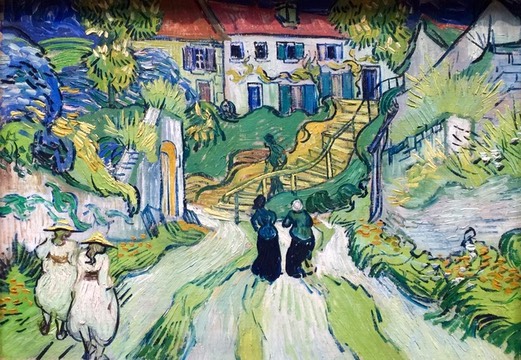The areas we are talking about are places where many inexperienced apologists get their feet wet and begin to learn the fundamentals and subtlties of the two tasks we seek to complete: playing a role in redeeming the hearts and redeeming the minds of those with whom we dialogue.
In Section 1, we devoted space to helping readers and researchers like yourself to better understand what we called “negative” apologetics; we provided leads to answering often asked questions in academe. But, for your information, answering questions may not always be the best place to start conversations. Often it is better to first understand where your audience is coming from and second, to help them understand problems with their own point of view.
In Section 3, our goal will be to help provide insights and ideas for doing that; it is what we call “deconstructive” aplogetics. There are practical reasons for wanting to be also skilled in that discipline: it is often the case that people aren’t willing to change opinions until they can come to see real problems with their own way of thinking.
Stairway at Auvers (Vincent van Gogh)
Photo Credit: St. Louis Art Museum, JAC
We also thought this would be a good place to supplement the resources we have offered you with some additional ones that take advantage of the fact there a number of tropes or memes you’ll find rampant in academe. It’s a tremendous advantage to have a working knowledge of these things because they enable you to respond more effectively when you identify them or identify tropes and memes into which they have evolved. Let start by giving you some off-site links about memes and tropes generally.
*****
Also, consider the importance of learning to communicate with your audience better, see our resources here: Link to our Communication Resources
Disclaimer: As with all our resources and especially Podcasts, inclusion does not necessarily mean endorsement of the views presented. Our aim was to include important presentations from multiple points of view so the researcher can form her own opinions—informed by a Christian world-view.